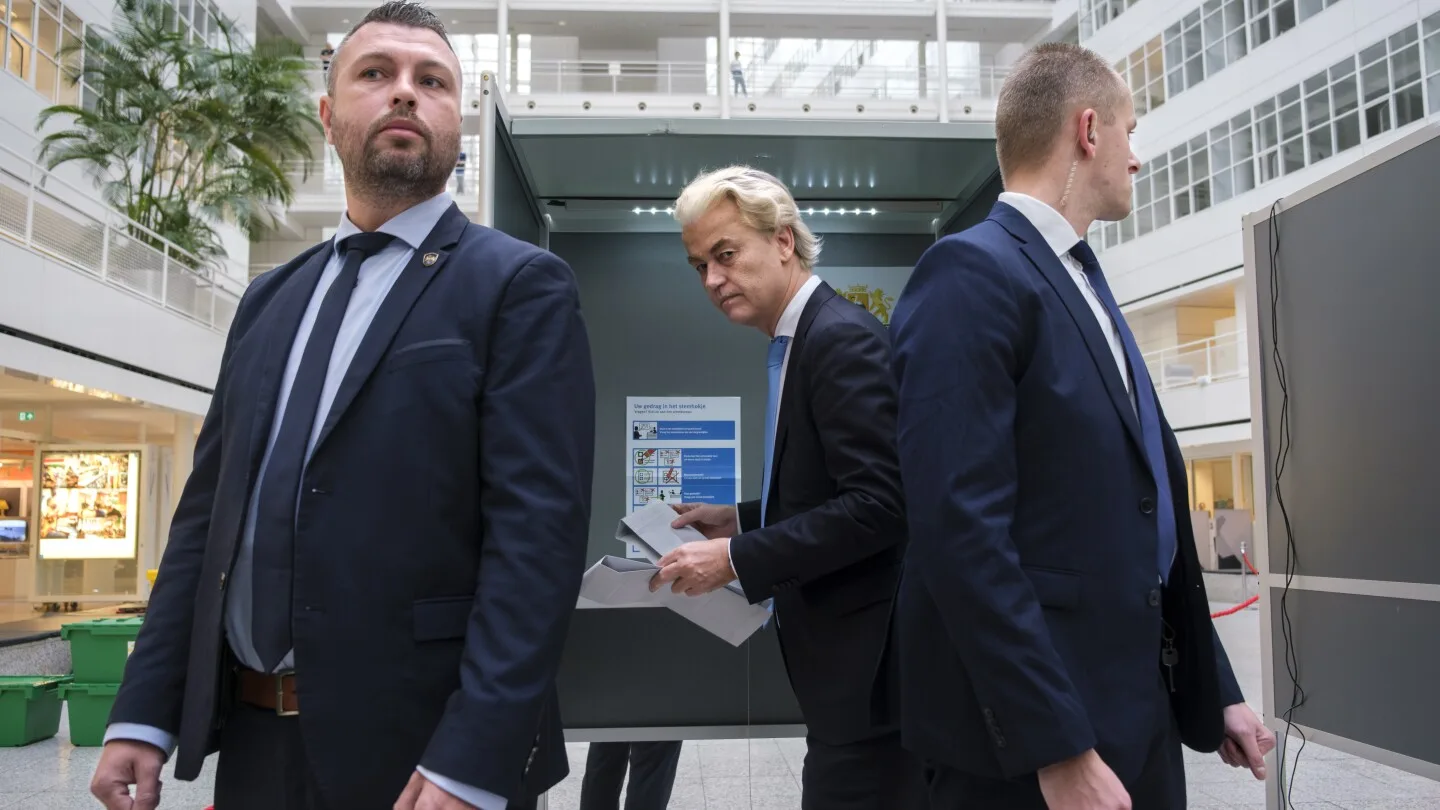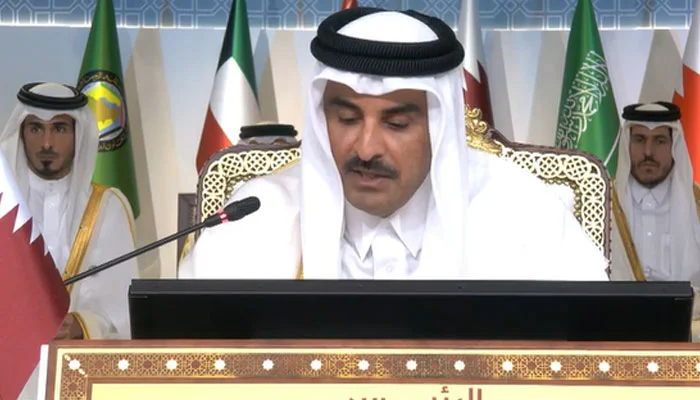Dutch voters commenced a four-day election for the European Parliament on Thursday, a vote anticipated to shift the continent’s political power towards the right.
This election will determine how the European Union, comprising 450 million citizens, addresses external challenges such as a more assertive Russia, increased industrial competition from China and the United States, climate change, and immigration.
In the Netherlands, where a nationalist party emerged victorious in the 2023 national election, the vote highlights a significant internal issue for the 27-nation EU: the growing influence of nationalist and populist parties aiming to dismantle the union from within.
Sebastiaan Bink, 57, a renewable energy worker who voted in The Hague, expressed his concern: “I am troubled by these extreme right movements because they are populist. In the Netherlands, we have a party that is very distrustful of the EU, and some right-wing politicians are attempting to sabotage European cooperation, which would be very harmful. It makes no sense to me.”
Following Thursday’s vote in the Netherlands, voting will continue in Ireland and the Czech Republic on Friday, in Malta, Slovakia, and Latvia on Saturday, and in the remaining EU countries on Sunday.
Opinion polls suggest that the Dutch anti-immigration Freedom Party (PVV) led by Geert Wilders, which won last year’s national election, will gain eight seats in the European Parliament, tying with the Labour/GreenLeft coalition.
Wilders, who failed to secure a seat in the previous European election in 2019, stated that a strong performance by nationalist parties should encourage them to unite in their efforts to alter EU regulations and return more powers to national legislatures. However, their influence in the new EU parliament is likely to be diluted by internal divisions.
Polls indicate that pro-European parties from the centre-right, centre-left, liberals, and Greens will have a smaller majority than in the outgoing parliament, making it more challenging to pass new EU laws or increase European integration.
CHANGING POLITICAL CLIMATE
Across Europe, the political climate is shifting, marked by increased divisions and the rhetoric of populist policies. In Germany, verbal and physical attacks on politicians have more than doubled since 2019.
The 720-seat parliament shares legislative power with the EU’s 27 national governments on laws governing the bloc’s single market, its 1-trillion-euro ($1.09 trillion) long-term budget, fiscal rules, and climate change legislation.
Exit polls are expected shortly after 1800 GMT on Sunday, with initial projections of the results following at 2100 GMT.
Surveys indicate that the centre-right is likely to win the largest share of seats, positioning their candidate, the incumbent Ursula von der Leyen of Germany, as the frontrunner for a second term as head of the European Commission.
The European Greens, facing backlash from households, farmers, and industry over costly EU policies limiting CO2 emissions, are predicted to be among the major losers.
The new parliament will be responsible for deciding on the EU’s next seven-year budget, effective from 2028, with Ukraine, Moldova, and Western Balkan countries seeking membership. For these countries to join, the EU governments and parliament must agree on internal changes, including reforms to agricultural subsidies and funds to equalize living standards across the EU.
The unanimity rule in voting may also need revision to accommodate the requirements of an expanded bloc.



